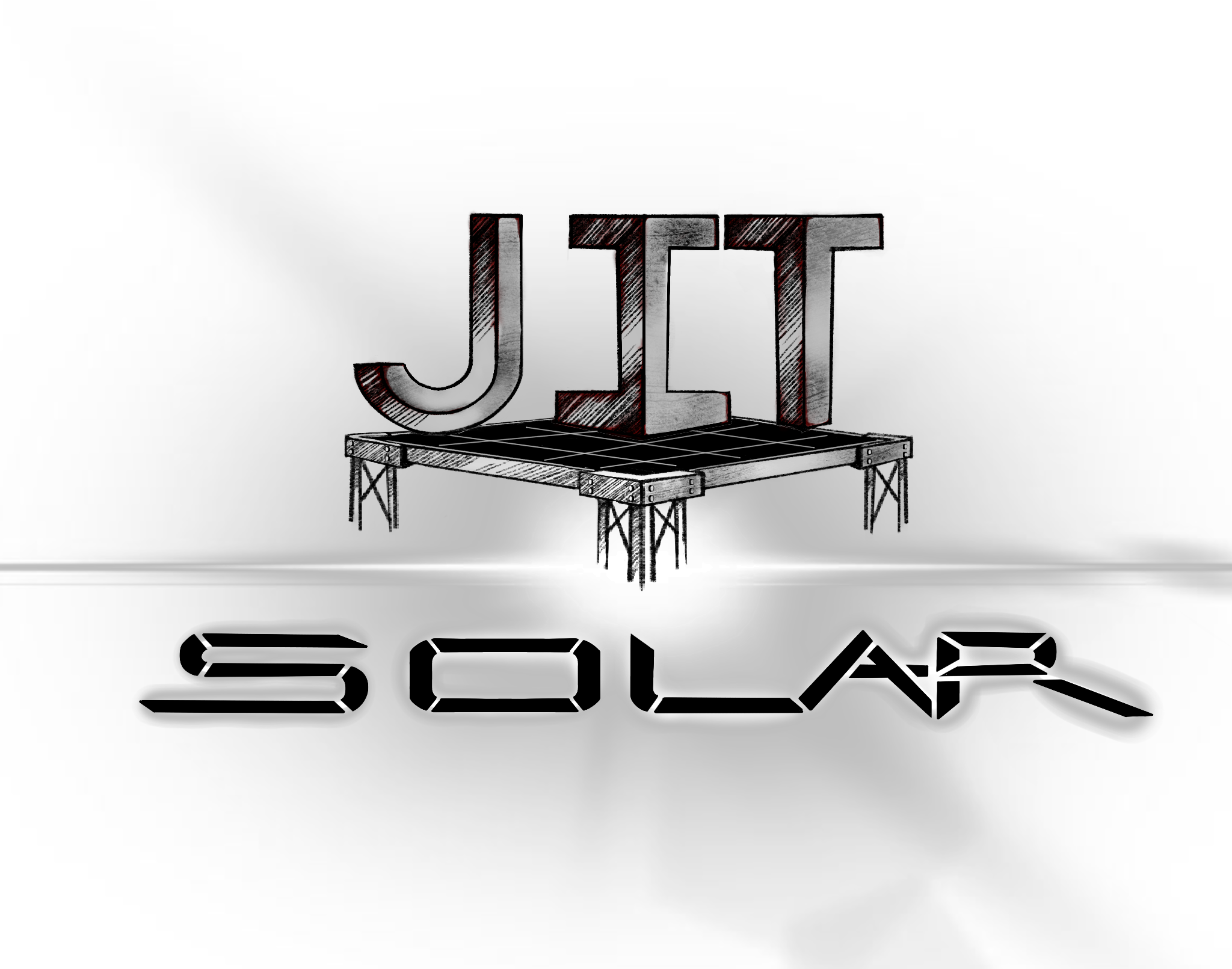Pros and Cons of Solar Energy: Is It Really Worth It?
Explore the pros and cons of solar energy for your home. Understand the benefits, limitations, and whether solar is the right fit for your energy needs.
The Pros and Cons of Solar Energy
Solar energy is surging in popularity at the moment, as energy costs continue to rise, and renewable energy is more sought out. The rise of utility costs, the focus on combating climate change, and the pure advancements of solar energy have paved the way for solar energy to be a dominant energy source in the latter half of this decade. It is estimated that over 4 million homes already have solar panels installed. This article will weigh the pros and the cons of solar energy to help you decide if this growing energy source is worth it for you.
Why Solar Energy Is A Hot Topic
Solar energy has gained relevance in today’s energy conversations for a variety of reasons. Climate change and carbon emission levels are major concerns for both our nation and the world as a whole. This, paired with US government incentives, has made it more attractive than ever to start to consider solar. Additionally, many who invest in solar energy find independence, helping avoid fluctuating and consistently rising energy costs. The tech advancements we have seen in this technology are making solar more accessible, affordable, and appealing than ever before.
Who Should Get Solar?
For those considering solar, a few different items need to be considered: geography, budget, and whether or not you own a home or a commercial building. For geography, solar panels are best suited for those with consistent sunlight, but can still be viable in other regions. Your budget needs to be able to handle the upfront investment, or you could alternatively apply for financing. Leases and loans do exist for solar integration. Finally, homeowners will find that their overall energy and utility costs will go down, and their home value will go up. The same for savings and value can also be applied to commercial buildings.
Pros of Solar Energy
Solar energy has a lot of pros to it that many may not even be aware of. Beyond the positive climate impact, there are key reasons why an investment in solar is a good decision. Below are the pros as to why you should consider solar energy:
- Lower utility bills: Solar energy offsets utility usage and can even help return extra energy to the grid. Over time, the savings from solar can be quite significant.
- Federal and State incentives: The Federal Solar Tax Credit covers 30% through 2032, and can be a great financial incentive. Some states may also offer rebates, tax credits, and SRECs.
- Increases home value: Some estimates show that solar energy can increase a home’s value up to 4%. This is great, as modern home buyers are looking for eco-friendly and energy-efficient options within the housing market.
- Low maintenance: One reason solar is so popular is due to the fact that maintenance is minimal. The panels themselves typically last 25 years, with full warranties guaranteeing replacement.
- Environmental impact: Solar panels help reduce greenhouse gas emissions and produce no emissions of their own during use.
- Energy independence: The use of solar allows you to be less reliant on energy prices from power companies, and can even give you peace of mind during a power outage of the grid.
Cons of Solar Energy
While solar is a great choice, there are some hurdles and other negative considerations you should be aware of. Below are some of the cons related to solar energy use in both residential and commercial applications:
- Upfront cost: The typical investment in solar can be anywhere from $15,000 to $30,000. You can acquire loans and financing, but the cost can be cumbersome for some buyers.
- Not ideal for all roof types: Solar panels need direct sunlight, so roofs that are shaded, small, or that have very complex layouts are not good candidates. Additionally, your roof may need to be repaired before putting solar in, which is costly.
- May require a backup system: If your solar panels do not produce enough energy, then battery storage is needed to back up your system. Without batteries, your system is at risk of a blackout.
- Long ROI period for energy savings: The ROI on a system to break even is 7-12 years. This can be a long wait, and less appealing to investors with tighter access to cash.
- Energy production dependent on sunlight: Cloudy climates, or regions with longer winter months, lack a lot of sunlight for solar panels. Additionally, some panels may need to be covered or stored in harsh climates.
Is Solar Right For You?
Determining whether or not solar is a good choice or not for you will come down to your own, specific needs. Creating a checklist based on the following criteria is your best bet:
- How much sunlight does your home or business get annually?
- Is your roof in good condition, a good size, and capable of handling solar panel installment?
- Are you looking to save from currently high energy bills?
- Are you eligible for any tax credits or rebates in your state?
- What are the long-term goals for your home or business?



